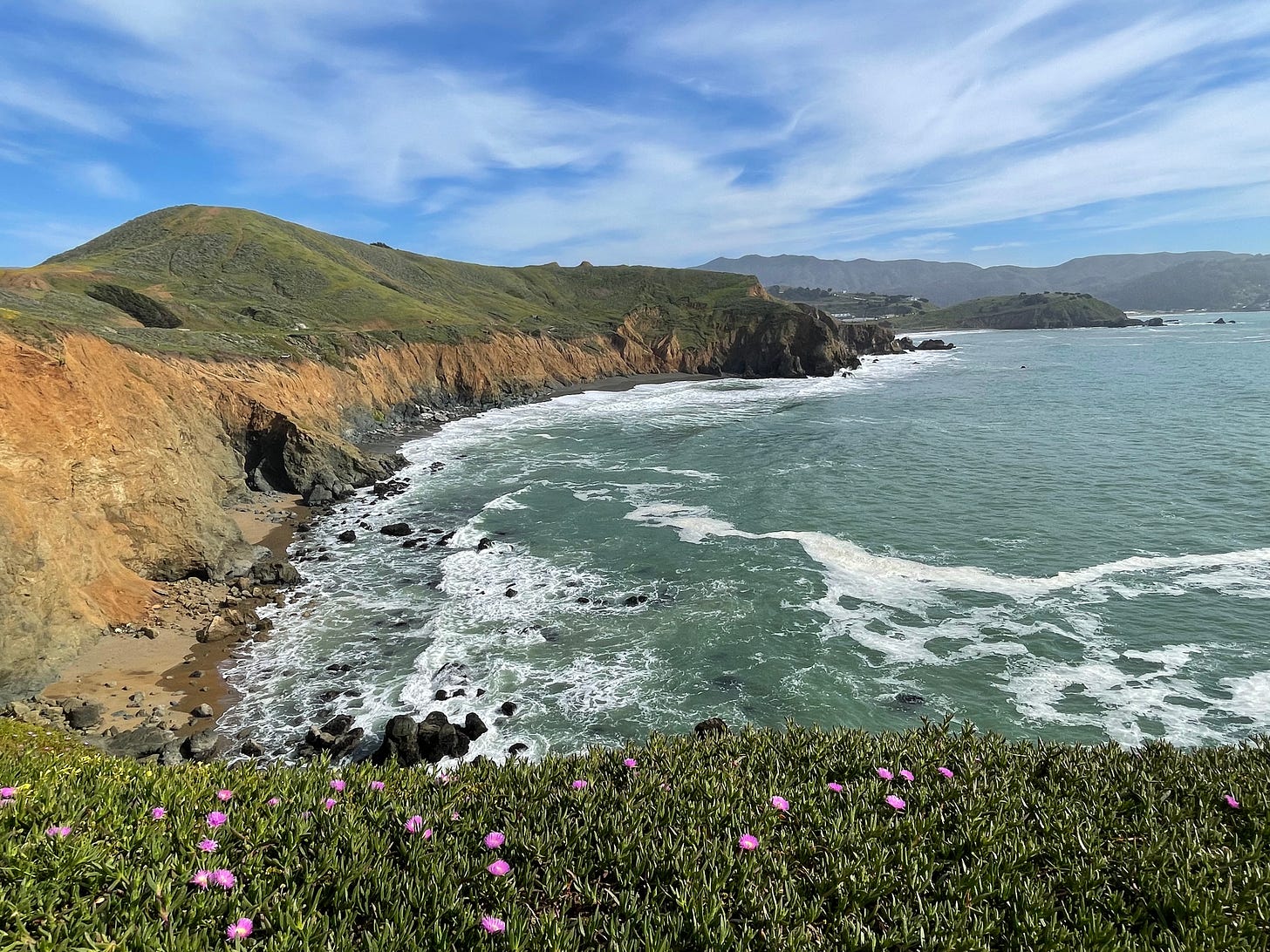UNFORESEEABLE
A short story in Japanese by Yoko Tawada places us in the middle of unrelenting chaos.
“The Far Shore” was first published in Japanese in the literary magazine Waseda bungaku (Waseda Literature) in mid 2014 and is one of Yoko Tawada’s dystopian science fiction stories.
I read the piece in Words Without Borders recently and a core moment in the story resonated with me. It’s about the ability to anticipate a disastrous turn of events in one’s life. Tawada takes umbrage at politicians for playing dumb when perfectly predictable events happen. To use the word “unforeseeable” and thereby absolve oneself of any responsibility seems unacceptable to Tawada and the lead-up to the story explains the author’s take.
In fact, politicians and scientists frequently used the word “unforeseeable” in the press after March 11 to describe the events that precipitated the Fukushima meltdown, but this word choice led to an uproar among citizens who criticized them for their massive lack of imagination. Indeed, as Tawada points out in this story, it is not terribly hard to envision that something could go wrong—tsunamis might hit the reactors or planes might fall out of the sky.
Translated from Japanese by Jeffrey Angles, “The Far Shore” takes us through a day in Japan right as a fighter plane falls out of the sky “like a leaf in its downward trajectory.” What we learn soon enough is that the building that the pilot of the fighter aircraft was looking at from the sky was actually a nuclear reactor that had just been reactivated a month ago. At an international conference “hastily convened” in Paris to discuss the safety of restarting the Japanese reactor, experts from 22 countries decide that it is “absolutely safe to restart the reactor as long as nothing unforeseen happens.” This is precisely the arrogance of the people that make decisions, the author implies, because how does anyone in the world ever know what can befall a place?
When one stops to think about it, it should be obvious that there is always a chance that something unforeseen might happen. Just look back over the last century—lots of military planes had crashed even during times of peace. Fortunately, most of them fell into mountains or far-flung fields and caused few casualties. Sometimes people would wonder to themselves, “What if a plane were to fall on my house?” But usually, they shoo away those dark thoughts like flies that had landed on the tasty piece of cake that was their daily life.
When the reactor explodes what happens can be felt far and wide. Tawada’s descriptions are cinematic and moving. I was reminded of Seymour Hersh’s Hiroshima, a piece of recommended reading that I’m yet to finish reading.
The victims felt like their arms and legs had been pierced all the way to the bone with long skewers, and their flesh was being roasted over hot coals. These were strange burns, unlike any that anyone had ever experienced before. Some people survived because their burns were less severe. Afterward, they said that the burns were not visible at first, but their flesh continued to cook from the inside over the course of days. Before long, the burned areas swelled and blistered until they looked like fish eggs pickled in red peppers.
The winner of many laurels, Yoko Tawada often writes about the ways that nationhood, language, gender, and identity affect people in contemporary society. What’s altogether interesting to me is how Tawada has lived in Germany since 1982 and has managed to achieve critical acclaim while writing both in Japanese and in German.
In this story set around a nuclear disaster that is similar to the one at Fukushima in 2011, Tawada manages to shine the torch on a man called Ikuo Sede, a government official whose impotence mirrors the ineffectual attitudes of decision makers on the world’s stage. For me, the impotence that Sede tries to address by being someone he is not, by browbeating and mouthing off, is the quality we see in leaders around the world.
Human beings behave as if the only way to be perceived as powerful is by being belligerent and vocal. The more uncertain they are in their skin, the more arrogant they are in public about places and things they do not actually understand. In the short story, Sede’s arrival in China following the disaster in Japan seems to give him an unexpected new beginning. He must learn a new language, understand the place he calls home and also learn new life skills. He will begin anew. In the foreseeable future at least, Sede may actually end up living a good life, but we don’t really know. It’s unforeseeable, after all.




